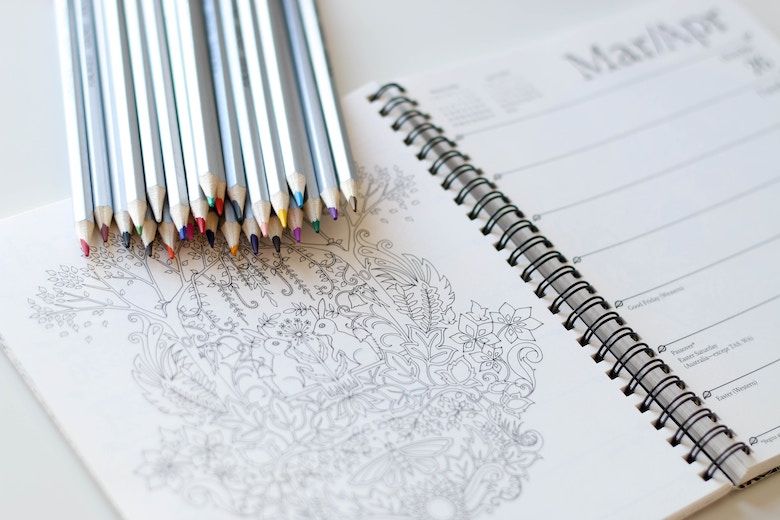You may have heard the word, but what does it really mean to have anxiety?
Anxiety is the term used to describe feelings of worry, fear and unease. Anxiety is something we will all experience - you may feel worried about speaking in public, starting a new job or that uneasy feeling of waiting for what could be bad news.
Typically, these feelings are normal. Mild anxiety is our mind and body’s way of protecting us - a natural reaction to what is perceived as a threatening situation. But while mild anxiety is a normal human reaction, severe feelings of anxiety can be overwhelming.
What is anxiety?
The emotional and physical sensations we experience when feeling worried or nervous is related to our fight or flight (or freeze) response - our evolved reaction to protect us from potential danger. Of course, this response is highly valued when facing imminent danger, but when anxiety is triggered during everyday life, it can be quite the opposite.
Anxiety can make you think things are much worse than they are. It can prevent you from carrying out the usual tasks, and when feelings are very strong or persistent, anxiety can prevent you from socialising, working and even leaving the house.
The charity, Anxiety UK describe anxiety like a bucket of water, “If we keep adding stressors to the bucket (even tiny ones like the school run or commuting to work), over time it fills up until one day it overflows. This can be a good way of looking at anxiety as it explains why sometimes it can seem to come out of the blue with no significant trigger.”
Common symptoms of anxiety
While mild feelings of anxiety is natural, experiencing anxiety long-term can be difficult. All of us will experience anxiety differently, yet there are some common signs that indicate feelings of anxiety, including:
- Fast breathing
- Dizziness
- Headaches
- Trouble sleeping
- Feeling irritable
- Difficulty concentrating
- Feelings of dread or being “on-edge”
- Panic attacks
Anxiety disorders
Anxiety can be experienced in many ways and is actually the main symptom of several conditions, including panic disorder, certain phobias such as agoraphobia or claustrophobia, and social anxiety disorder.
If your experiences of anxiety are impacting your day-to-day life and meet a certain criteria, your doctor may diagnose you with a specific anxiety disorder. While not everyone will identify with a specific disorder, some people find it can give them a better understanding - something that has a name and can be treated.
Common anxiety disorders include:
Tips for managing anxiety
If you’re experiencing anxiety and it is impacting your daily life and wellbeing, getting help is important. Anxiety can get worse if the stressors continue to build up, so getting the right support - both to manage your anxiety and understand potential triggers - is vital.
Talk to someone
Talk to friends and family, and if you’re not able to or would like further support, speak to a professional. Counselling for anxiety is a common form of treatment and can help in many ways, including giving you a safe space to talk about your worries, and teaching you coping techniques.
While talking therapies are typically recommended for anxiety, hypnotherapy is also becoming more common. Hypnotherapy for anxiety can help boost feelings of confidence and self-belief, while reducing feelings of stress and worry.
Focus on your breathing
Breathing can be the first thing we forget when feeling anxious. It’s something we do so naturally, but when we are anxious, our breathing can become rapid and fast. When you start to feel the onset of anxiety, try to take a moment to focus solely on your breath. Breathe deeply through your nose, exhale slowly. Repeat until you feel more relaxed.
Find ways to unwind
Therapies such as yoga, meditation, massage and aromatherapy encourage relaxation. Improving relaxation can help you manage symptoms and can also improve sleep. Similarly, finding ways to chill out in your free time can help improve general wellbeing. Try journaling to write down your thoughts and feelings, and reflect on them later.
Consider practising mindfulness (apps such as Headspace are great for beginners) or even something simple, like mindful colouring or reading for an hour each day.

Get active
When anxiety is at its worst, it is incredibly difficult to want to get up and get moving. But taking the time to move your body, breathe in some fresh air and clear your head can be incredibly helpful in managing general health and wellbeing.
Join a support group
Support groups can give you the chance to share experiences with people who know what you’re going through. Talking about the challenges you face and sharing tips and advice can be very helpful. It can remind you that you’re not alone and that there is help available.
For more information about anxiety, visit Counselling Directory. Alternatively, enter your location in the box below to find a therapist near you.


Comments